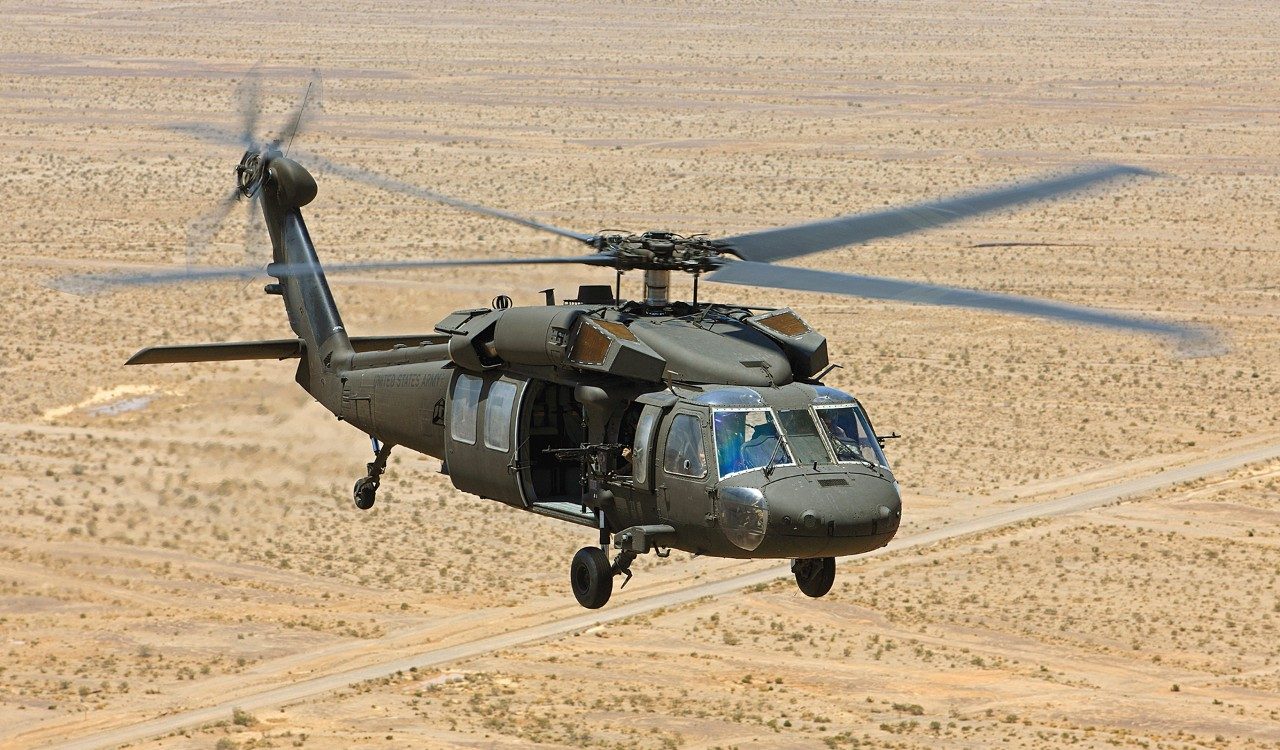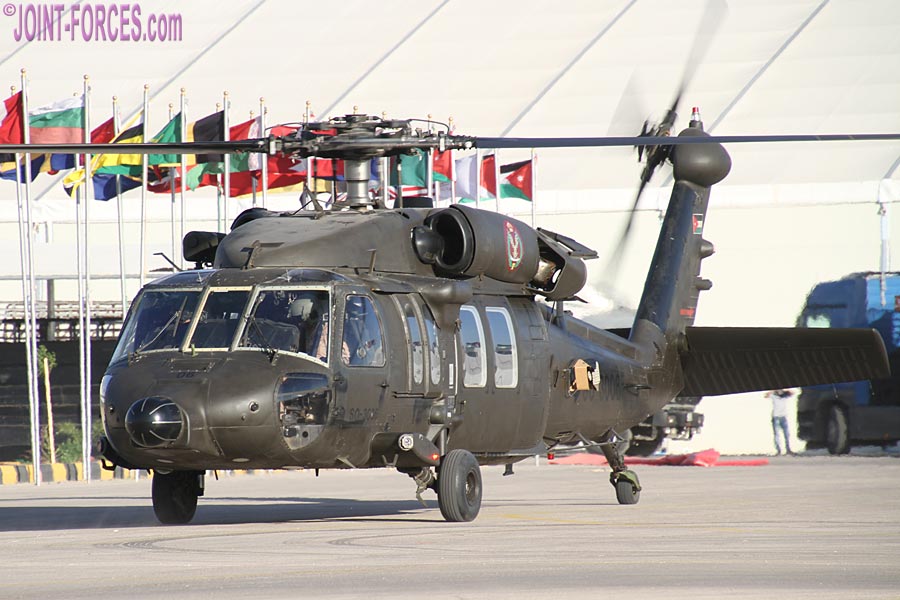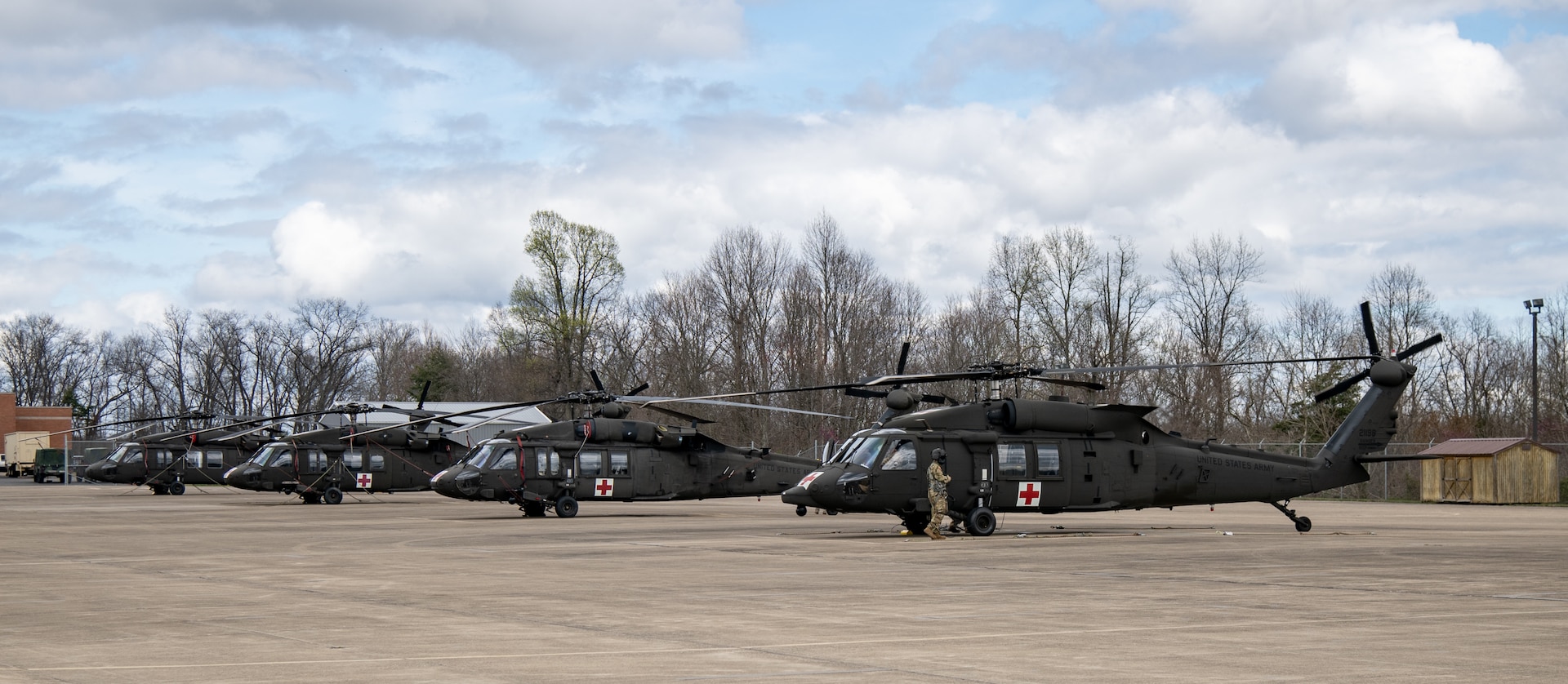UH 60 Helicopter: Advanced Avionics and Battle Systems
UH 60 Helicopter: Advanced Avionics and Battle Systems
Blog Article
The Influence of Sustainable Practices on the Future of Aircraft Workflow and Emissions Reduction
As the air travel market faces increasing examination over its environmental influence, the fostering of sustainable techniques becomes a critical path toward future aircraft operations and exhausts reduction. Innovations in sustainable air travel fuels and developments in crossbreed propulsion technologies stand at the forefront of this change, appealing substantial decreases in greenhouse gas exhausts. Nevertheless, the effective assimilation of these efforts rests on a variety of factors, consisting of regulative structures and market partnership. The question continues to be: how will these advancing methods improve the dynamics of flight and add to an extra sustainable future?

Review of Sustainable Practices
Lasting methods in airplane operations encompass a variety of strategies focused on decreasing ecological influence while preserving functional performance. These techniques are vital in the aviation market's commitment to minimizing its carbon footprint and sticking to worldwide ecological requirements. Trick initiatives include enhancing trip paths to reduce fuel intake, enhancing upkeep protocols to make certain aircraft run at peak efficiency, and implementing innovative innovations such as winglets and lightweight products that boost aerodynamics.

Involving and educating personnel on sustainability techniques likewise play an important duty, fostering a culture of ecological duty within companies. Overall, the integration of these sustainable techniques not just helps lower emissions however likewise improves the long-lasting feasibility of the aeronautics field, guaranteeing it fulfills the needs of both clients and regulative bodies while adding to global sustainability objectives.
Innovative Fuel Alternatives
Numerous innovative gas choices are becoming crucial remedies to lower the air travel market's reliance on conventional nonrenewable fuel sources. Among these alternatives, Lasting Air travel Gas (SAFs) have actually obtained substantial attention due to their potential to decrease lifecycle greenhouse gas discharges by up to 80% contrasted to traditional jet fuels. SAFs are stemmed from different feedstocks, consisting of waste oils, agricultural residues, and also algae, making them a flexible option for the sector.
An additional promising alternative is hydrogen fuel, which, when made use of in fuel cells, generates only water vapor as a result. This zero-emission potential presents a considerable chance for decarbonizing flight operations, especially for short-haul trips and local aircraft. In addition, electric propulsion systems are being discovered, leveraging battery innovation to power aircraft. While present battery capacity restrictions variety and haul, ongoing advancements may quickly make electrical flights viable for details applications - uh 60.
Last but not least, biofuels obtained from biomass are being investigated, using a renewable choice that can be combined with conventional gas. Collectively, these ingenious gas options stand for an important action toward achieving a sustainable air travel ecosystem, straightening with worldwide emissions decrease targets and enhancing the sector's environmental stewardship.
Technological Advancements in Aeronautics

Exactly how can technical innovations improve the future of aeronautics? The combination of advanced innovations is crucial in important link changing aircraft operations, improving performance, and decreasing emissions. Technologies such as electrical and hybrid propulsion systems go to the leading edge, encouraging significant decreases in fuel usage and greenhouse gas discharges. These systems take advantage of advancements in battery modern technology and energy management, enabling aircraft to operate with a lower ecological impact.
Furthermore, the execution of sophisticated products, such as light-weight composites, contributes to improved the rules of aerodynamics and gas performance. The use of artificial intelligence and artificial intelligence in trip procedures optimizes path planning and decreases gas melt by allowing real-time modifications based upon weather and web traffic problems. In addition, the development of self-governing and remotely piloted aircraft systems stands to change freight and guest transport, possibly enhancing performance while lessening human error.
Moreover, sustainable air travel modern technologies, consisting of advanced air traffic administration systems, can streamline operations and minimize blockage, leading to reduced discharges during flight. These innovations jointly represent a standard shift in aviation, guaranteeing a future where sustainability and operational effectiveness are linked, thus sustaining the market's commitment to lowering its environmental influence.

Regulatory Structure and Conformity
Due to the growing emphasis on ecological stewardship within the air travel industry, the governing structure governing airplane operations is evolving to advertise sustainable techniques. Regulative bodies, such as the International Civil Aeronautics Organization (ICAO) and various nationwide aviation authorities, are presenting strict standards targeted at reducing emissions and enhancing operational performance.
These policies often consist of the adoption of Lasting Aviation Gas (SAF), which has been acknowledged as a key element in achieving reduced carbon footprints. Conformity with these regulations needs airline companies to implement innovative modern technologies and operational practices, such as maximized flight courses and enhanced air web traffic monitoring, to reduce fuel intake.
In addition, the enforcement of discharges trading schemes and carbon countering efforts is coming to be significantly prevalent, compelling airlines to monitor and report their exhausts accurately. Non-compliance can lead to substantial fines, thus pushing operators to prioritize sustainability in their company versions.
Ultimately, the evolving regulatory landscape not only drives development and investment in eco-friendly innovations however likewise promotes a culture of responsibility within the air travel industry. As these frameworks proceed to establish, the concentrate on lasting methods will be essential to accomplishing the field's long-lasting ecological objectives.
Future Fads in Airplane Workflow
As the aviation industry adapts to an increasingly stringent governing setting, future patterns in aircraft operations are established to concentrate on ingenious services that better boost sustainability and effectiveness - uh 60. Key advancements will likely consist of the fostering of sophisticated air web traffic management systems, which make use of real-time information and synthetic intelligence to maximize trip paths, lowering gas consumption and exhausts
One more significant fad is the boosted integration of lasting air travel fuels (SAFs) These choices to standard jet gas, acquired from renewable sources, can considerably reduce lifecycle greenhouse gas discharges. The sector's commitment to SAFs will likely increase as airlines work together with fuel producers to guarantee accessibility and cost-effectiveness.
Additionally, the push towards electrification and hybrid propulsion systems is obtaining momentum. Emerging airplane designs will integrate these innovations, offering quieter and a lot more effective operations, particularly for short-haul trips.
Final Thought
The adoption of sustainable aviation fuels, coupled with developments in hybrid and electric propulsion systems, is vital for minimizing lifecycle greenhouse gas discharges. Maximizing flight paths and embracing innovative innovations contribute to a quieter and much more environmentally friendly aviation industry.
Developments in sustainable air travel fuels and innovations in crossbreed propulsion innovations stand at the center of this improvement, additional reading appealing significant reductions in greenhouse gas emissions.Various innovative gas options are arising as crucial options to lower the aeronautics visit this website industry's reliance on conventional fossil fuels - uh 60. Amongst these choices, Lasting Aviation Fuels (SAFs) have actually acquired considerable interest due to their potential to lower lifecycle greenhouse gas exhausts by up to 80% contrasted to traditional jet fuels.An additional considerable trend is the raised combination of sustainable air travel fuels (SAFs) The adoption of lasting aviation fuels, coupled with innovations in hybrid and electric propulsion systems, is vital for lessening lifecycle greenhouse gas discharges
Report this page